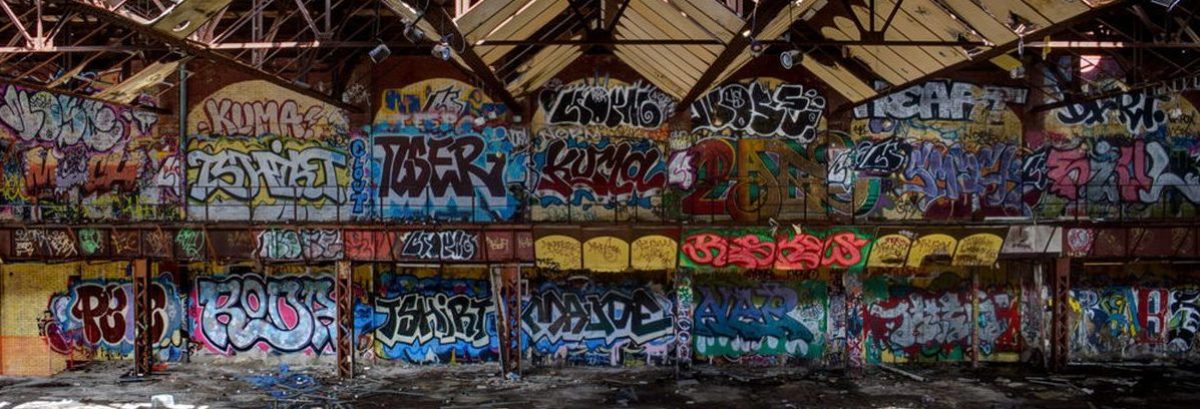After the 2008 crisis, housing insecurity escalated across the US, with nearly one million homes facing foreclosure. Ever since, people have increasingly resorted to extralegal strategies to procure shelter, living in relatives’ basements and occupying abandoned buildings. Rather than a novel phenomenon, these practices have constituted a common response to unaffordable housing over the last half-century. This investigation specifically explores how squatting contests not only housing deprivation but also neoliberal propertied citizenship, producing more inclusive forms of governance. Applying a framework of makeshift urbanism, the study evaluates squatting as a diverse initiative, differing markedly between local contexts. Drawing upon academic scholarship and news articles, the project examines peer-based resistance against bureaucratic regulation in New York City, defensive appropriation of city property in Detroit, and tent city campzenship in Seattle. To conclude, this research highlights radical care labor within the Occupy Movement, specifically in reimagining a queer politics of home.
Skip to content
Subaltern Governance: Reimagining Citizenship in Urban Spaces
Brandon Morande: Final Research Portfolio
